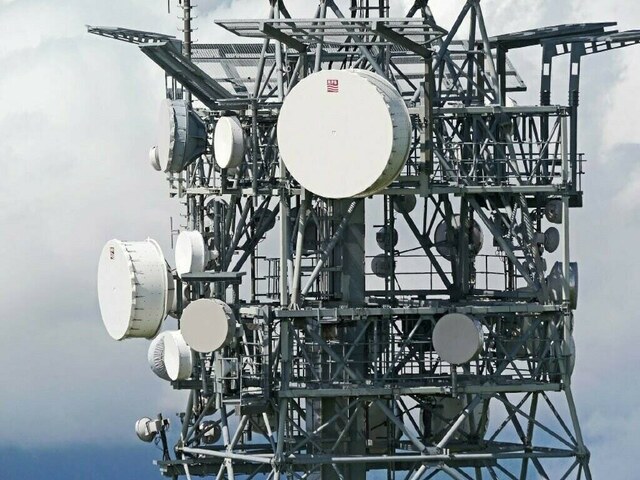Tuesday, Sep 09, 2025 | 15 Rabi ul Awal 1447
Tuesday, Sep 09, 2025 | 15 Rabi ul Awal 1447

ISLAMABAD: Despite repeated concerns over pricing, delays, and the impact of ongoing industry mergers, telecom operators have so far failed to present a clear Plan B.
Policymakers note that the industry has not offered an alternate roadmap for ensuring investment or bridging service gaps if the auction process remains stalled. This lack of contingency planning could weaken the industry’s case, leaving government officials to question whether operators are fully prepared to utilise spectrum once it is finally allocated.
Pakistan’s telecom industry has issued a stark warning that outdated spectrum auction models could cost the country between USD1.8 billion and USD4.3 billion in lost economic benefits over the next five years, while also delaying the rollout of 5G and threatening the broader digital transformation agenda. The GSMA and the telecom industry have urged the government not to treat spectrum allocation as a tool for short-term revenue generation.
According to the GSMA’s analysis, the current approach to spectrum pricing—focused primarily on maximizing state revenue—could severely hamper the expansion of mobile broadband.
The report highlighted that a 10-percentage-point increase in spectrum fees relative to operator revenues can shrink 4G and 5G coverage by up to six percentage points, while average internet speeds may decline by as much as eight percent. This issue is particularly urgent given that Pakistan already ranks among the countries with the highest spectrum costs in relation to telecom revenues, with operators spending nearly 20 percent of their annual earnings on spectrum fees alone.
Telecom companies argue that this revenue-first strategy is unsustainable in the 5G era, where network upgrades demand massive capital investment. They caution that excessively high auction prices not only deter much-needed investment but also slow the extension of services to rural and underserved areas.
The GSMA quantified the cost of inaction, estimating that delays in spectrum allocation and burdensome pricing could translate into economic losses of up to USD 4.3 billion. These losses would extend beyond the telecom sector, affecting e-commerce, digital payments, online education, healthcare, and other critical areas that rely on fast and affordable internet access.
In response, the industry is expected to call on the government to implement several reforms. These include setting lower reserve prices to encourage broader participation in auctions, allowing payments in local currency to minimize exchange rate risks, offering more flexible payment schedules instead of demanding large upfront fees, and establishing a long-term spectrum roadmap to give operators greater clarity and confidence in planning future investments.
Another key proposal involves deducting the cost of fulfilling license obligations from the total spectrum fees, in order to reduce the financial burden on telecom companies. Industry leaders emphasise that without meaningful reform, Pakistan risks ending up with a nominal 5G rollout—one that exists in name only, with patchy coverage and slower speeds than neighbouring countries.
High spectrum costs would force operators to divert funds away from network expansion, leaving critical infrastructure underdeveloped and consumers poorly served. The upcoming meeting in Islamabad is seen as a pivotal moment.
Copyright Business Recorder, 2025